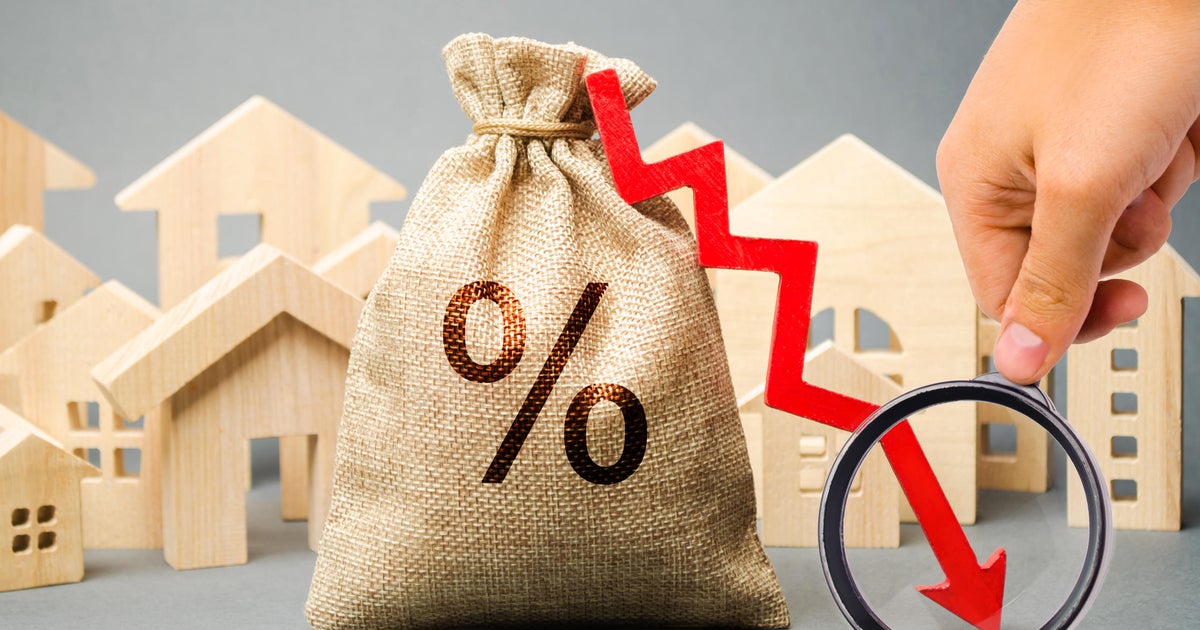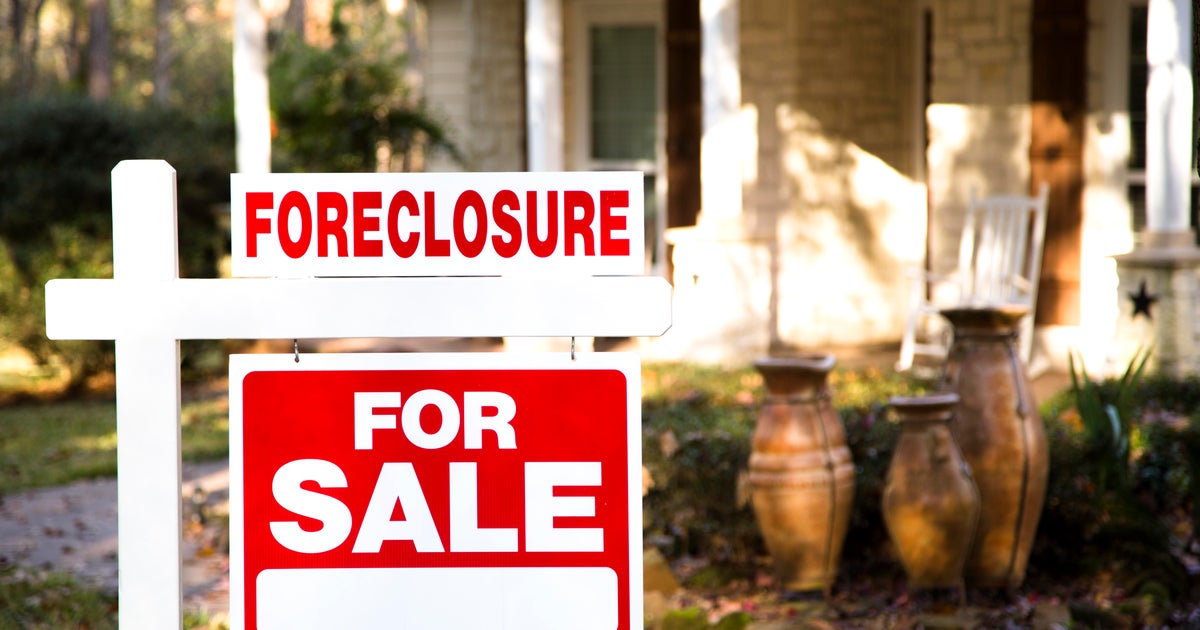Home prices and rents have both soared. So which is the better deal?
The cost of putting a roof over your head has soared since the start of the pandemic, making it more expensive to either sign a new apartment lease or buy a home. That may prompt the question as to whether it's financially smarter in the current environment to rent or take the plunge into homeownership.
A new analysis from real estate firm CBRE is providing some clarity on that question. What it reveals may dishearten house hunters: The cost to buy a home, compared with the cost of renting one, is now the most expensive on record — a price gulf that even surpasses the gap seen during the housing bubble in 2006.
It now costs 52% more to buy a home compared with renting an apartment, according to CBRE data emailed to CBS MoneyWatch, which analyzed the monthly cost of a new home purchase versus a new lease from 1996 through the third quarter of 2023. By comparison, at the peak of the housing bubble in 2006, it was 33% more expensive to buy versus to rent — a gap that quickly reversed when housing prices plunged during the Great Recession.
On a dollar basis, that means new homeowners today face monthly costs of $3,322, versus $2,184 for people who sign new leases.
Contributing factors
"Why would the premium be so big today? It's really just a math equation, but the situation is so different from what it was in 2006, when it last peaked," noted Matt Vance, senior director and Americas head of multifamily research for CBRE. "We have a supply shortage of for-sale homes ... and then we saw the Fed start to raise rates, so really it's the mortgage rates that are contributing a tremendous amount to that premium today."
"Is it cheaper to rent? I would say in the near term, it is," he added.
The monthly cost of homeownership in CBRE's analysis doesn't include the impact of home maintenance and homeowner's insurance, which means the actual costs are probably much higher, noted Vance, who added that he himself has been looking to buy a home, but for now plans to continue renting given the current price gap.
That 52% premium "is a minimum," he added.
It's even worse in most U.S. cities
Across dozens of U.S. cities, the homebuying premium is even bigger than the national average, CBRE found in its analysis of 64 metropolitan regions. Even cities viewed as affordable, such as Tulsa and Omaha, are facing homebuying costs that have soared beyond typical rents.
The most expensive region for homebuyers is Southern California, where the homebuying premium for Orange County and Los Angeles is more than 200% more expensive than renting.
"You have a lot of these West Coast markets whose home prices have gone up and up and up, and then layer on 8% mortgage rates — and it's astounding how much more expensive it is to buy," Vance added.
When does it make sense to buy?
But for some people, it may still make financial sense to buy, especially for those who have a long financial horizon and plan to live in a house for many years, Vance added.
The rule of thumb is to plan on living in a home for five years to make it pay off, given purchasing costs like the real estate commissions, closing costs and other items that add to the price of homeownership, Vance noted. But in today's environment, with mortgage rates topping 8% and home prices still high, buyers should probably push that out to at least 7 years, maybe longer, he noted.
People who are considering buying should forecast scenarios based on their current income, the likelihood that their earnings will increase and the pace of rent increases in future years, he added. Likewise, homeowners can capture price appreciation and add to their bottom line when they sell, something that renters cannot, he added.
Homeowners can also refinance at a lower mortgage rate when prices come down. Vance predicted that mortgage rates might start to soften next year.
"It really requires a lot of assumptions for a potential homebuyer or renter to make that call of, 'When is that breakeven point?" he said.



